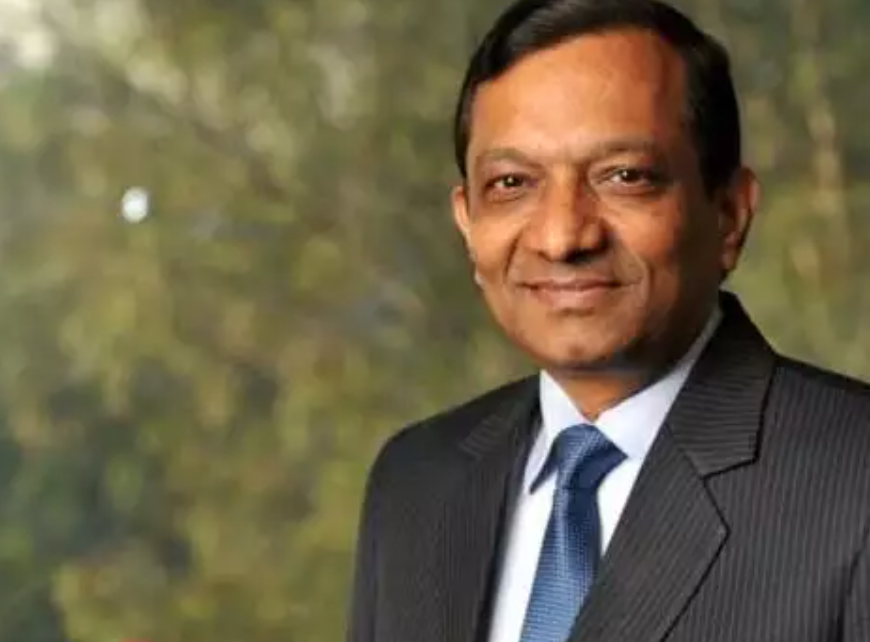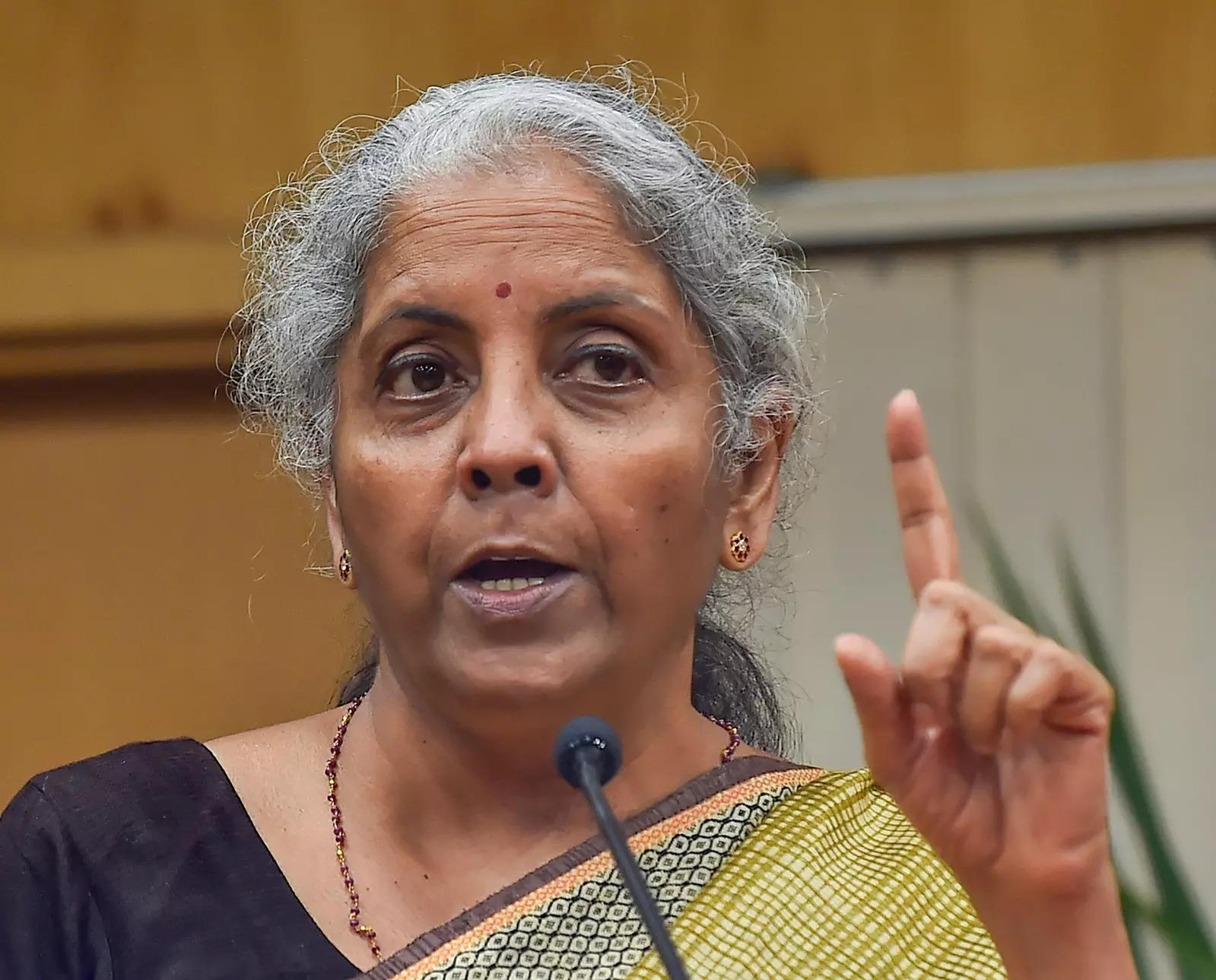IPO-bound Oyo’s legal troubles; UPI transactions boom again
Also in this letter:
UPI transactions worth Rs 6.06 lakh crore in July- ‘India must focus on customers’ needs in space tech’
- No compromise on data privacy, says FM
Exclusive: Zostel lawsuit could mess up Oyo’s IPO plans
Oyo Hotels & Rooms, which is preparing to file draft papers for a $1-1.2 billion initial public offering (IPO), is simultaneously gearing up for a court battle with once-rival Zostel (
What’s the issue? Hospitality startup Zo claims that Oyo violated a binding agreement for a buyout deal that dates back to 2015. Zo Rooms’s lawyers told us the company petitioned the court in late August, asking it to prevent Oyo “from modifying its shareholding structure or cap table, including by way of an IPO”.
The high court will also take up Oyo’s plea to stay an earlier order by a Supreme Court-appointed arbitrator, who had said that Oyo was in breach of its agreement with Zo Rooms over the proposed acquisition.
In his ruling in March, AM Ahamadi, a former chief justice of India, had said that the term sheet between Oyo and Zo was binding and that Oyo, after a point, stopped fulfilling its obligations. But Oyo maintained that the term sheet was non-binding and challenged the arbitrator’s order.
Petition targets IPO: Zo Rooms cited Oyo’s investments from Microsoft and reports about its planned IPO in its plea to the Delhi High Court. It said, “An issuer shall not be eligible to make an initial public offer if there are any outstanding convertible securities or any other right which would entitle any person with an option to receive equity shares of the issuer.”
“This makes it adequately clear that Oyo shall not be eligible to make an IPO,” Zo’s legal counsel told us.
Oyo’s counter: Oyo’s legal counsel told us that Zostel was “seeking reliefs which are beyond the scope of the award”. “The award does not provide any relief to Zostel or its shareholders that entitles them to seek Oyo to freeze its shareholding pattern, in any manner whatsoever. Oyo’s stand is that this petition is not maintainable and in any case without merit,” it said.
Value of UPI transactions doubled year-on-year to Rs 6.06 lakh crore in July

The value of Unified Payments Interface (UPI) transactions more than doubled in July from the same month last year, outstripping card payments, which increased by 42%, according to the latest data from the Reserve Bank of India (RBI).
UPI transactions worth Rs 6.06 lakh crore were conducted in July, surpassing the previous record of Rs 5.47 lakh crore in June, and up from Rs 2.91 lakh crore a year ago.
Card spending was at Rs 1.36 lakh crore in July, the highest since April, and up from Rs 95,883 crore earlier in the year.
Reasons for success: UPI transactions have moved the needle substantially in the past 12-15 months for neighbourhood grocery stores because they are quick, convenient and contactless,” said Prem Kumar, founder of Ratan Tata-backed retail tech company SnapBizz.
Caste in point: UPI, wallets and other digital payment platforms now account for 10-15% of sales at electronics retail chain Vijay Sales, said its director Nilesh Gupta. A year ago, their share was close to zero. “Consumers are even buying high-ticket items through such modes as these platforms often offer cashback incentives to entice customers,” he said.
Plastic money is no match: While discretionary spending using cards has also grown, it hasn’t been able to match UPI and digital wallets, executives told us. The number of payments through wallets and UPI rose to about 3.25 billion in July from 1.5 billion a year ago. The number of payments using cards rose to just 520 million from 450 million a year ago.
Le Marche Retail chief executive Amit Dutta said the premium grocery chain has observed the trend within stores as well as in-home transactions. “UPI payments are showing increased traction in the past year, driven by convenience and the transactions being contactless, compared to card swiping, where contact points are higher. Consumers who were previously not comfortable with UPI payments have overcome their hesitation, Dutta said,” he said.
Tweet of the day
India must focus on customers’ needs in space tech: Pawan Goenka

India must focus on meeting the requirements of customers while selling its space-related services to customers within and outside the country, rather than merely offering its capabilities, the chief of the country’s space regulator told us.
Pawan Goenka, chairman-designate of the Indian National Space Promotion and Authorisation Centre (IN-SPACe), compared the space sector to that of the automotive industry, which transformed itself from a closed, supply-led industry in the ’70s and ’80s to one where players actively marketed their products to customers to generate demand.
Quote: “India will obviously be competing with five or six other agencies that are available to launch satellites, and like any other product or service, one has to compete. The auto industry learned this many years ago and in space we have to do the same,” the former managing director of Mahindra & Mahindra said.
More than 350 private space firms, including over 50 startups, in India are building small rockets, satellites and systems for the Indian and global space industry.
ETtech Done Deals

■ Digital lending startup Capital Float has raised $50 million in a round led by private equity firm Lightrock India. The equity round also saw participation from existing investors Sequoia Capital India, Ribbit Capital, and Creation Investments. Angel investors such as David Vélez, founder of Nubank, Kunal Shah, founder of Cred, and Amrish Rau, CEO of Pine Labs also participated.
■ Cloud telephony company Exotel has secured $35 million in its Series C funding round, led by Sistema, CX Partners and existing investor A91 Partners. IIFL, Synergy Capital, and existing investor Blume Ventures also participated in the round, alongside former Vodafone CEO Arun Sarin, who has come on board as a mentor.
■ Leena AI, an enterprise software-as-a-service company, has raised $30 million in a Series B funding round led by Bessemer Venture Partners, along with participation of Facebook cofounder Eduardo Saverin’s B Capital Group. With this, the Y Combinator-backed company has raised $40 million so far.
■ Astrome Technologies, a 5G wireless deeptech startup, has raised $3.4 million in a funding round co-led by IAN Fund, Urania Ventures (Germany) and Cognizant’s founder Lakshmi Narayanan. Impact Collective (South Korea), ArtPark (India) and a consortium of US-based angels also participated in the fundraising.
Also Read:KredX eyes Rs 200-Rs 500 crore corpus to finance emerging startups
As digital payments grow, FM says data privacy shouldn’t be compromised

Finance Minister Nirmala Sitharaman
Finance Minister Nirmala Sitharaman said that with an increasing number of Indians using digital payments, there should be no compromise on data privacy and safety of users’ data.
Quote: “Data privacy is one of the things which is very important and it is an issue on which there can be a lot of contentious views. However, basic respect for privacy… as the guiding principle is well appreciated,” Sitharaman said.
The minister said the value of digital transactions jumped to Rs 6 lakh crore in January-August 2021 from Rs 4 lakh crore and Rs 2 lakh crore in 2020 and 2019, respectively.
Browserstack buys back ESOPs worth $50 million

Mobile and app testing platform BrowserStack has bought back employee stock options worth $50 million as part of its effort to help its employees create wealth.
The startup, which has doubled its headcount to 800 over the last two years, said that over 100 of its employees participated in the buyback exercise.
BrowserStack was one of the contenders in the Startup of the Year category at the Economic Times Startup Awards 2021.
India’s Software as a Service (SaaS) sector has caught the eye of global investors, with its ‘build in India for the world’ model that has been viewed as highly cost-efficient and scalable. This has led to investors pouring capital into the sector at huge valuations that experts say are in line with those of global SaaS firms.
Meanwhile, Classplus, a mobile platform for coaching institutes, educators and content creators to launch teaching apps, has completed its first buyback of stock options issued to staff.
Other Top Stories We Are Covering
Deep Nishar to leave SoftBank Vision Fund by year-end: Deep Nishar, a senior managing partner at SoftBank Vision Fund, said he is leaving the firm at the end of the year. “I will bid adieu to my amazing team and colleagues at the end of this year. With much gratitude for the honour and privilege of serving the SoftBank family,” he said in a Twitter post.
Swiggy spins off Supr Daily to unlock delivery potential, cofounders exit: Swiggy has spun off its subscription-based service, Supr Daily, into a separate unit within parent company Bundl Technologies, at a time when consumers are increasingly opting for home delivery of essentials. Swiggy’s newly elevated cofounder Phani Kishan will take over the reins of Supr Daily as chief executive officer, the food delivery startup’s founder Sriharsha Majety said.
Global Picks We Are Reading
- Australia challenges Google’s ad dominance, calls for data-use rules (Reuters)
- Paying for Taco Bell With Dogecoin May Be Soon Be a Reality (Bloomberg)
- Amazon reveals its first home robot (CNBC)
( News Source :Except for the headline, this story has not been edited by Rashtra News staff and is published from a economictimes.indiatimes.com feed.)
Related searches :


![ChatGPT Ghibli Art Generator: Create Studio Ghibli-Style Art with AI [2025] ChatGPT Ghibli Art Generator: Create Studio Ghibli-Style Art with AI [2025]](https://i0.wp.com/www.rashtranews.com/wp-content/uploads/2024/03/thumbnaail.png?resize=330%2C220&ssl=1)

